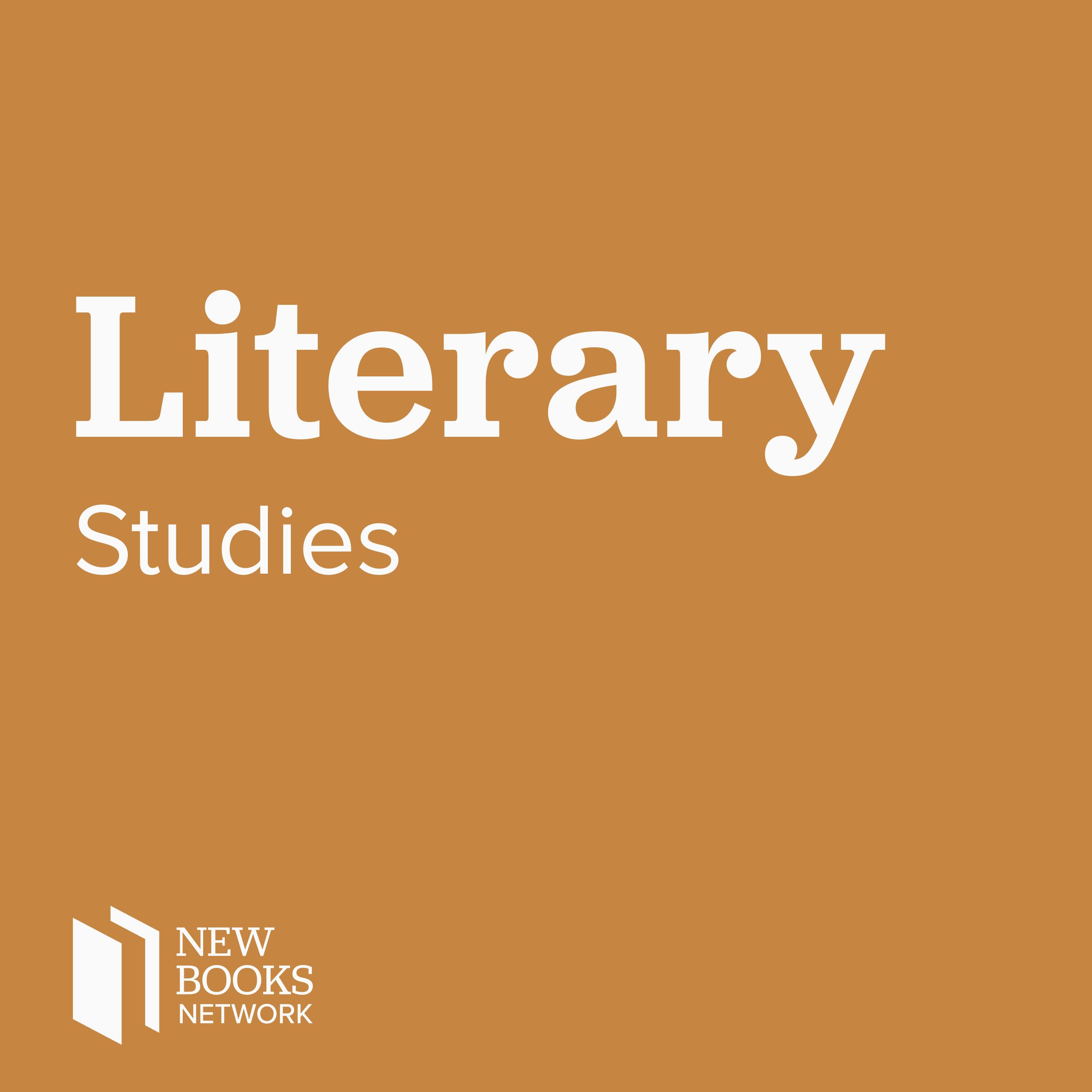
Roland Allen, "The Notebook: A History of Thinking on Paper" (Profile Books, 2023)

New Books in Literary Studies
Shownotes Transcript
We see notebooks everywhere we go. But where did this simple invention come from? How did they revolutionise our lives, and why are they such powerful tools for creativity? And how can using a notebook help you change the way you think?
In The Notebook: A History of Thinking on Paper) (Profile Books, 2023), Roland Allen reveals all the answers. Ranging from the bustling markets of mediaeval Florence to the quiet studies of our greatest thinkers, he follows a trail of dazzling ideas, revealing how the notebook became our most dependable and versatile tool for creative thinking. He tells the notebook stories of artists like Leonardo and Frida Kahlo, scientists from Isaac Newton to Marie Curie, and writers from Chaucer to Henry James. We watch Darwin developing his theory of evolution in tiny pocketbooks, see Agatha Christie plotting a hundred murders in scrappy exercise books, and learn how Bruce Chatwin unwittingly inspired the creation of the Moleskine.
On the way we meet a host of cooks, kings, sailors, fishermen, musicians, engineers, politicians, adventurers and mathematicians, who all used their notebooks as a space for thinking and to shape the modern world.
In an age of AI and digital overload, the humble notebook is more relevant than ever. Allen shows how bullet points can combat ADHD, journals can ease PTSD, and patient diaries soften the trauma of reawakening from coma. The everyday act of moving a pen across paper can have profound consequences, changing the way we think and feel: making us more creative, more productive - and happier.
This interview was conducted by Dr. Miranda Melcher whose* forthcoming book*)* focuses on post-conflict military integration, understanding treaty negotiation and implementation in civil war contexts, with qualitative analysis of the Angolan and Mozambican civil wars.*
Learn more about your ad choices. Visit megaphone.fm/adchoices)
Support our show by becoming a premium member! https://newbooksnetwork.supportingcast.fm/literary-studies)